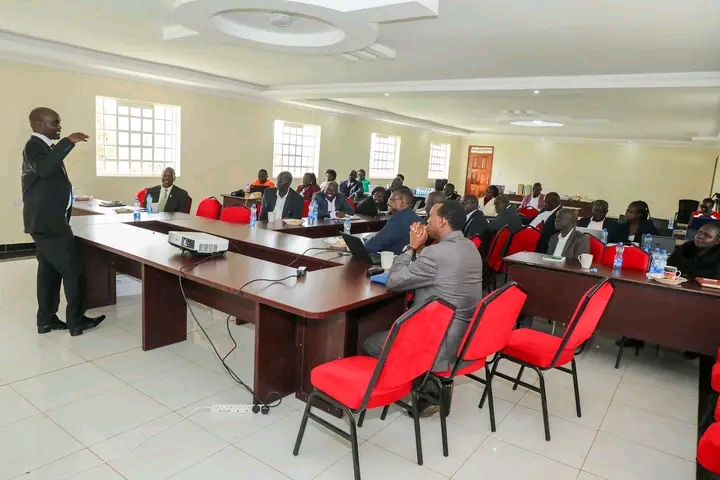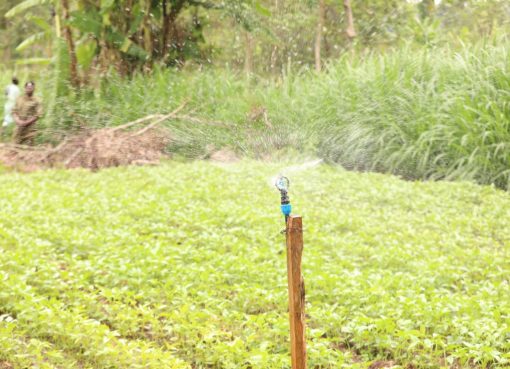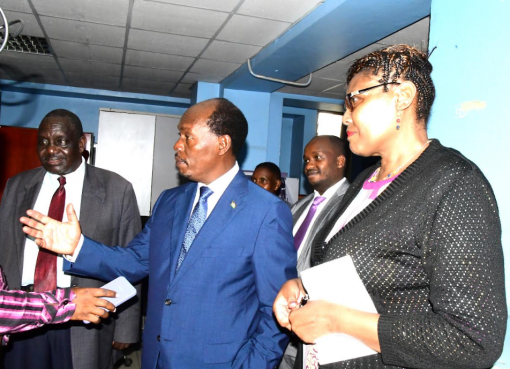In a significant move towards disaster preparedness, Elgeyo Marakwet County Governor Wisley Rotich announced the validation of the county’s first-ever contingency plan.
Rotich expressed gratitude for the validation, highlighting the historical absence of such a plan and emphasizing its importance in times of disaster or conflict.
“After a collaborative effort with our partners, including the Red Cross, World Vision, and the National Drought Management Authority (NDMA), we are pleased to announce the validation of our contingency plan,” Governor Rotich stated.
The governor elaborated that the NDMA would finalize the plan, ensuring its dissemination to the local populace.
Once completed, the plan will be instrumental in facilitating swift responses to disasters or conflicts, thereby attracting partners to assist efficiently.
He further disclosed that the Red Cross would undertake the rehabilitation of the Tot-Koloa Irrigation Scheme, a crucial step towards enhancing agricultural productivity in the region.
Acknowledging the challenges faced due to Elgeyo Marakwet’s exclusion from Arid and Semi-Arid Lands (ASALs) regions, Rotich expressed satisfaction at the county’s reintegration into the ASALs framework.
Kassim Zuberi from NDMA underscored the authority’s commitment to mitigating the impacts of drought, which has adversely affected Elgeyo Marakwet and other parts of Kenya.
Zuberi noted the multifaceted nature of the challenges, including floods and insecurity.
“The intervention of NDMA will include capacity building for technical county staff and prioritizing food production through various technologies to combat drought-induced food shortages in Elgeyo Marakwet,” Zuberi affirmed.
Dr. Michael Ayaibei from the Red Cross welcomed the opportunity to collaborate with the county government and other stakeholders in devising strategies to address drought.
He emphasized the Red Cross’s historical involvement in disaster management and highlighted the urgency of addressing the drought crisis in Elgeyo Marakwet.
“The lack of adequate resources has been a primary cause of conflict in the region. Reviving the Tot-Koloa Irrigation Scheme will not only enhance food security but also contribute to peace-building efforts,” Dr. Ayaibei remarked.
By Rennish Okong’o’





